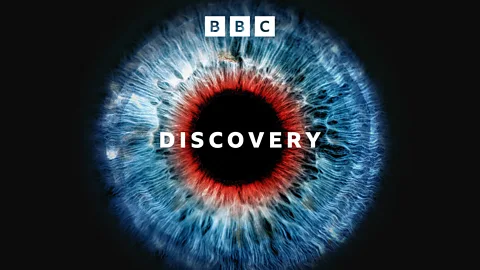
Discovery
Discovery
The Life Scientific - Janet Treasure
Up next
November 4, 2024
26 minutes
Available for over a year
From anorexia nervosa to binge-eating, eating disorders are potentially fatal conditions that are traditionally very difficult to diagnose and treat - not least because those affected often don’t recognise that there’s anything wrong. But also because of the diverse factors that can influence and encourage them.
Janet Treasure is a Professor of Psychiatry at King’s College, London - where she's focused on understanding the drivers behind these disorders, to help develop more effective treatments. Her study of twins in the 1980s offered one of the earliest arguments of a genetic link to anorexia, rather than the purely psychological motivations accepted at the time; while her most recent work explores holistic ways to better treat these conditions.
Speaking to Jim Al-Khalili, Janet explains the work that's revealed anorexia's roots in both body and mind - as well as how attitudes towards eating disorders are slowly changing.






